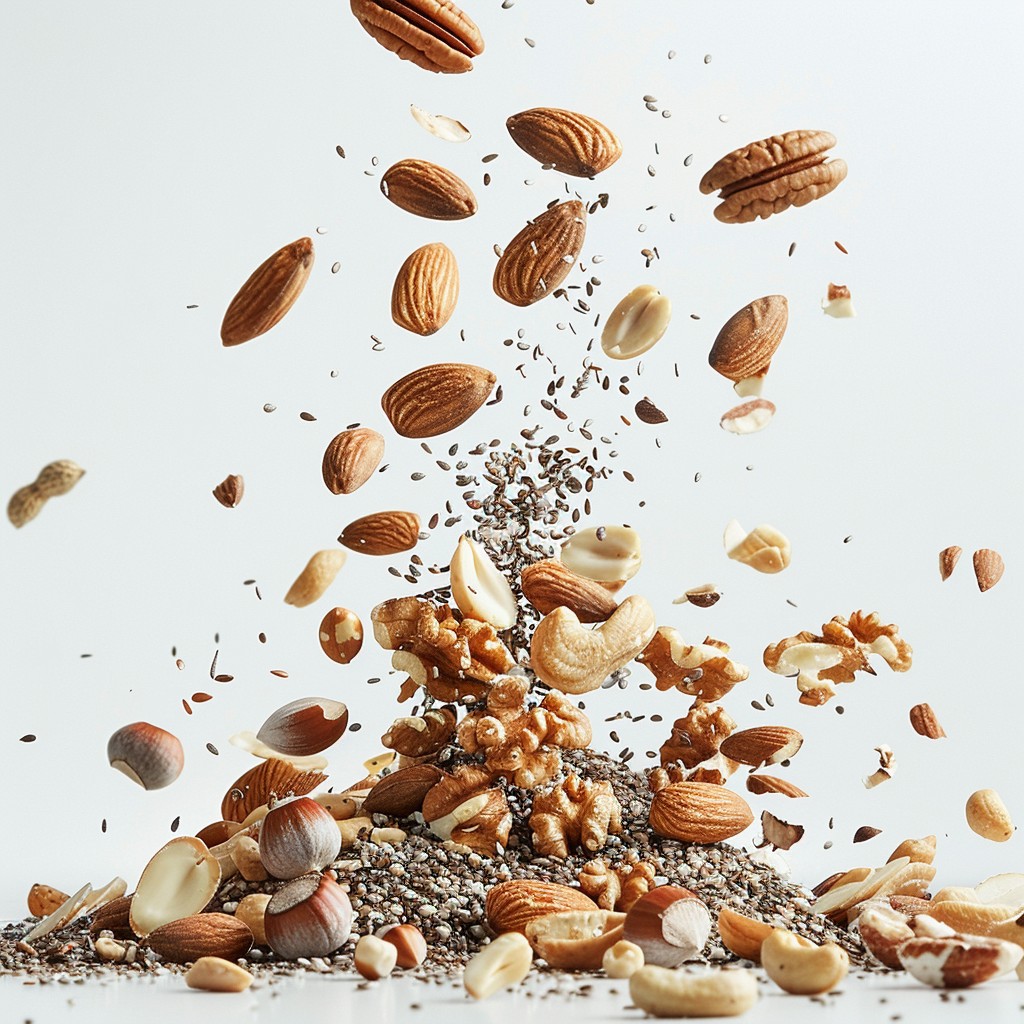Chronic Kidney Disease: Causes, Symptoms, Stages, and Treatment
What is Chronic Kidney Disease (CKD)?
Chronic Kidney Disease (CKD) refers to the gradual loss of kidney function over time. The kidneys, essential organs for filtering waste and excess fluids from the blood, can become damaged due to various factors, leading to a decline in their ability to perform these vital functions. Kidney chronic disease can progress slowly and, if untreated, may result in chronic kidney failure or end-stage renal disease (ESRD), which requires dialysis or a kidney transplant.
Causes of Kidney Disease
Diseases of the kidneys can stem from various causes, including:
- Diabetes: High blood sugar can damage the blood vessels in the kidneys, leading to chronic kidney disease.
- Hypertension: High blood pressure can cause damage to the kidney’s filtering units, increasing the risk of CKD.
- Glomerulonephritis: Inflammation of the kidney’s filtering units (glomeruli) can cause chronic kidney failure.
- Polycystic Kidney Disease: A genetic disorder that causes cysts to develop in the kidneys, leading to loss of function over time.
- Chronic Kidney Infections: Recurrent kidney infections can cause scarring and damage to the kidneys.
- Obstructions: Conditions like kidney stones or an enlarged prostate can block urine flow and damage the kidneys.
Symptoms of Kidney Disease
Recognizing the signs of kidney disease is crucial for early diagnosis and treatment. Common kidney failure symptoms include:
- Fatigue and Weakness: As kidney function declines, waste builds up in the blood, causing fatigue and decreased energy levels.
- Swelling (Edema): Reduced kidney function can lead to fluid retention, causing swelling in the legs, ankles, feet, and face.
- Shortness of Breath: Fluid buildup in the lungs due to kidney failure can cause difficulty breathing.
- Changes in Urination: Noticeable changes in urination, such as increased frequency, decreased output, or foamy urine, can indicate kidney disease.
- Nausea and Vomiting: Toxins accumulating in the bloodstream due to reduced kidney function can cause digestive issues.
- Loss of Appetite: Decreased kidney function can lead to a reduced desire to eat.
- Itching and Dry Skin: Waste buildup in the blood can cause skin issues, including itching and dryness.
Stages of Chronic Kidney Disease
Chronic kidney disease is classified into five stages based on the glomerular filtration rate (GFR), which measures how well the kidneys are filtering blood:
- Stage 1: Kidney damage with normal or increased GFR (90 mL/min or higher). Symptoms may not be noticeable, but damage is present.
- Stage 2: Mild decrease in GFR (60-89 mL/min). Slight symptoms might appear, but kidney function remains relatively normal.
- Stage 3: Moderate decrease in GFR (30-59 mL/min). Symptoms become more apparent, and complications such as high blood pressure and bone disease may develop.
- Stage 4: Severe decrease in GFR (15-29 mL/min). Kidney function is significantly impaired, and preparations for dialysis or a transplant may begin.
- Stage 5: Kidney failure (GFR less than 15 mL/min). This stage is also known as end-stage renal disease (ESRD) and requires dialysis or a kidney transplant for survival.
Understanding the stages of chronic kidney disease is vital for managing the condition effectively. Early diagnosis and treatment can slow the progression and improve quality of life.
Chronic Renal Insufficiency Symptoms
Chronic renal insufficiency refers to the early stages of kidney dysfunction before it progresses to complete kidney failure. Symptoms of chronic renal insufficiency may include:
- Mild fatigue
- Slight changes in urination patterns
- Elevated blood pressure
- Subtle swelling in the legs and feet
- Slightly elevated blood creatinine levels
These symptoms may be subtle, but recognizing them early can lead to better management and delay the progression to more severe stages of chronic kidney disease.
Kidney Disease Treatment
Kidney disease treatment focuses on slowing the progression of the disease and managing symptoms. Treatment options include:
- Medications: To control blood pressure, manage blood sugar, and reduce cholesterol levels, medications such as ACE inhibitors, ARBs, and statins are commonly prescribed.
- Dietary Changes: A diet low in sodium, potassium, and phosphorus can help reduce the burden on the kidneys. Protein intake may also need to be adjusted.
- Dialysis: In the later stages of chronic kidney disease, dialysis may be necessary to filter waste and excess fluids from the blood.
- Kidney Transplant: For those with end-stage renal disease, a kidney transplant may be the best option for long-term survival and quality of life.
- Lifestyle Modifications: Quitting smoking, exercising regularly, and maintaining a healthy weight can support kidney health and slow the progression of CKD.
Chronic Kidney Failure ICD-10
The ICD-10 (International Classification of Diseases, 10th Edition) code for chronic kidney failure is N18.9, which is used for medical billing and documentation purposes. The chronic kidney failure ICD-10 code is essential for healthcare providers when diagnosing and treating patients with CKD.
Conclusion
Understanding chronic kidney disease and its various stages, symptoms, and treatment options is crucial for managing this condition effectively. Early detection and intervention can significantly slow the progression of CKD and improve the quality of life for those affected. If you or a loved one experience any signs of kidney disease, it’s essential to seek medical attention promptly.







